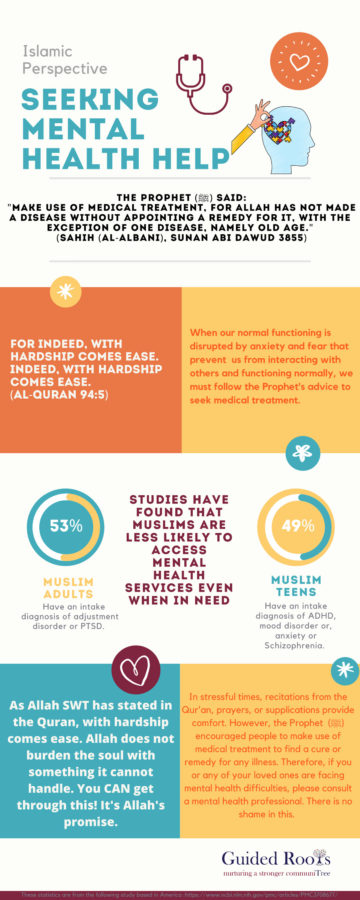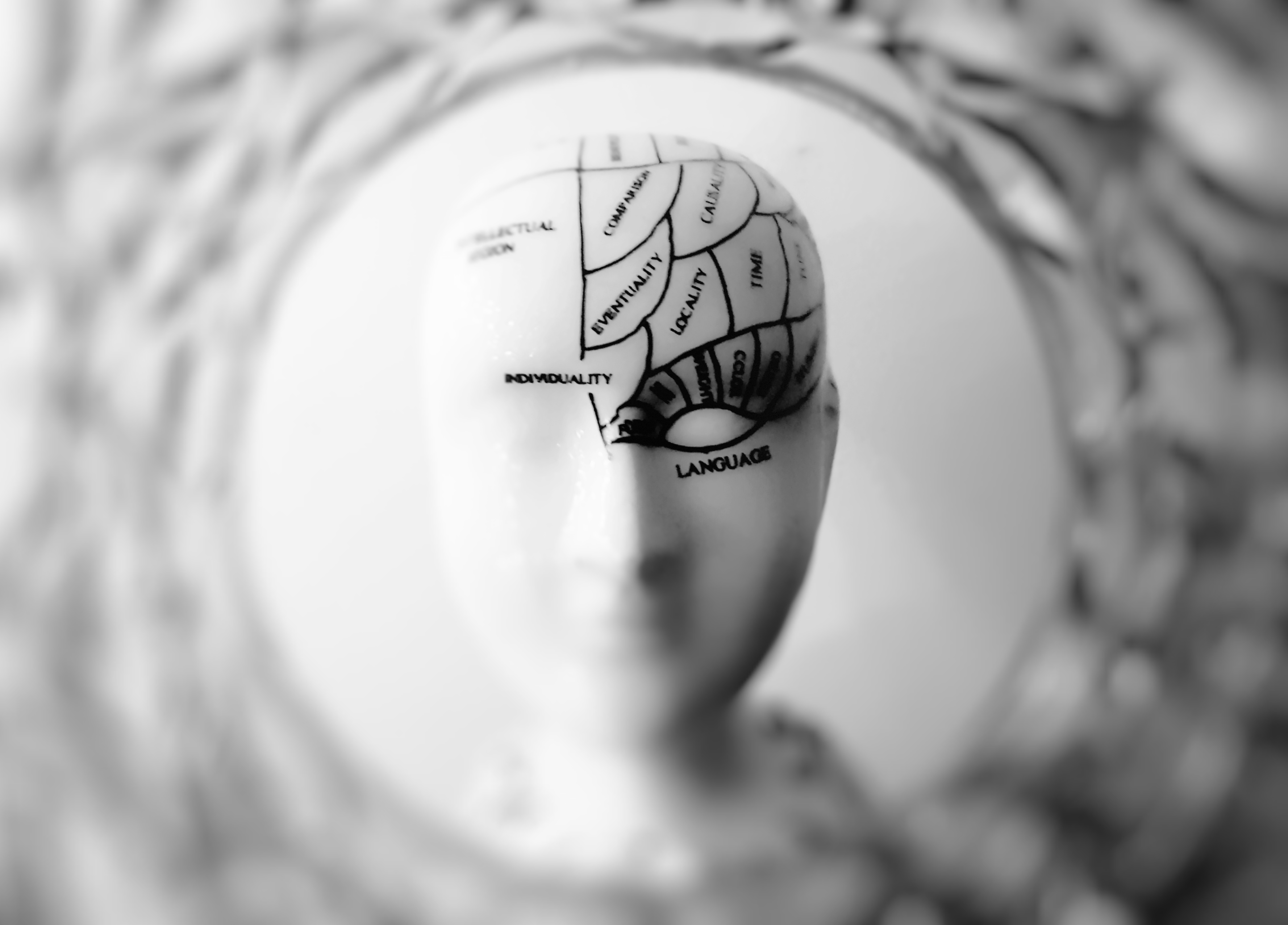As we reach the end of the National Minority Mental Health Awareness Month, we take a critical look at the unique barriers Muslims experience both within and outside the community to seek mental health support. It follows a discussion of faith, legacies, bridges – to be built – and glass ceilings – to be broken.
Islam values the preservation of mental health and holistic well-being. Though the term ‘mental health’ might seem new, from the teaching of the Quran and Prophetic traditions, Muslim scholars have always understood the ‘preservation of intellect’ as a prime objective of the Shariah, so much so that they were the first to dedicate institutional psychiatric care at hospitals in the ninth century, and built the first mental health hospitals called dār al-shifāʾ or māristāns – the healing centers1. The Quran provides diverse examples of experiencing emotional challenges, including those experienced by the Prophets, along with the intensity and impact they can have on an individual and their loved ones. The Quran encourages the awareness of our mental state and intentions at all times. The Quran not only recognizes it, but provides a guide for Muslims to navigate through experiences of emotional distress, grief, anxiety and depression by encouraging self-care, regulating our emotions, cognitive reframing of Allah’s divine will, special supplications and discouraging the suppression of negative emotions1,2.
Islam values the preservation of mental health and holistic well-being. Though the term ‘mental health’ might seem new, from the teaching of the Quran and Prophetic traditions, Muslim scholars have always understood the ‘preservation of intellect’ as a prime objective of the Shariah, so much so that they were the first to dedicate institutional psychiatric care at hospitals in the ninth century, and built the first mental health hospitals called dār al-shifāʾ or māristāns – the healing centers1.

Although mental health is validated and prioritized in Islam, there is a stigma associated with it existing in the Muslim community. Previous research has found that Muslims are less likely to access mental health services even when in need3. It seems that myths and superstitions from various cultural communities have kept their place, and continue to make their mark by invalidating mental health and stigmatizing those with severe conditions within the Muslim community. This is made worse by the barriers Muslims in the west face to access mental health services. Lack of culturally competent services in the healthcare system, lack of representation and lack of understanding of the various levels of pre- and post-migration trauma many Muslims have experienced, such as wars, famine, abuse and racism, may make some Muslims feel uncomfortable accessing the service. These experiences along with language barriers and discrimination in a health care setting can make even considering mental health services difficult3. Muslims come from diverse backgrounds, experiences, and cultures that often intersect. The key to addressing these barriers is fostering understanding of an individual’s needs and respecting them. In order to truly help, it is integral that mental health professionals recognize the unique vulnerabilities in the Muslim community, undergo culturally sensitive training, and work with the Muslim community to address the mental health stigma.
From the community standpoint, when it comes to addressing stigma, each of us is as powerful as a canon. We either promote it or reject it – our words making their way into the next generation. Knowing the Islamic legacy on mental health, owning our emotions and validating the struggles of others might be the little pebbles that can finally crack the glass ceiling.
References:
1Awaad, R., Elsayed, D. & Helal H. (2021). Holistic Healing: Islam’s Legacy of Mental Health. Yaqeen Institute for Islamic Research. https://yaqeeninstitute.ca/rania-awaad/holistic-healing-islams-legacy-of-mental-health?fbclid=IwAR3pzXcwVwuixOSUZoEedmS4qpqf2SHXnUC9DlyMWXE1-4hEtJ3HVRLsfis
2Sabry, W. M., & Vohra, A. (2013). Role of Islam in the management of Psychiatric disorders. Indian Journal of Psychiatry, 55(Suppl 2), S205-14.
3American Psychiatric Association. 2019. Mental Health Disparities for Muslim Americans.


